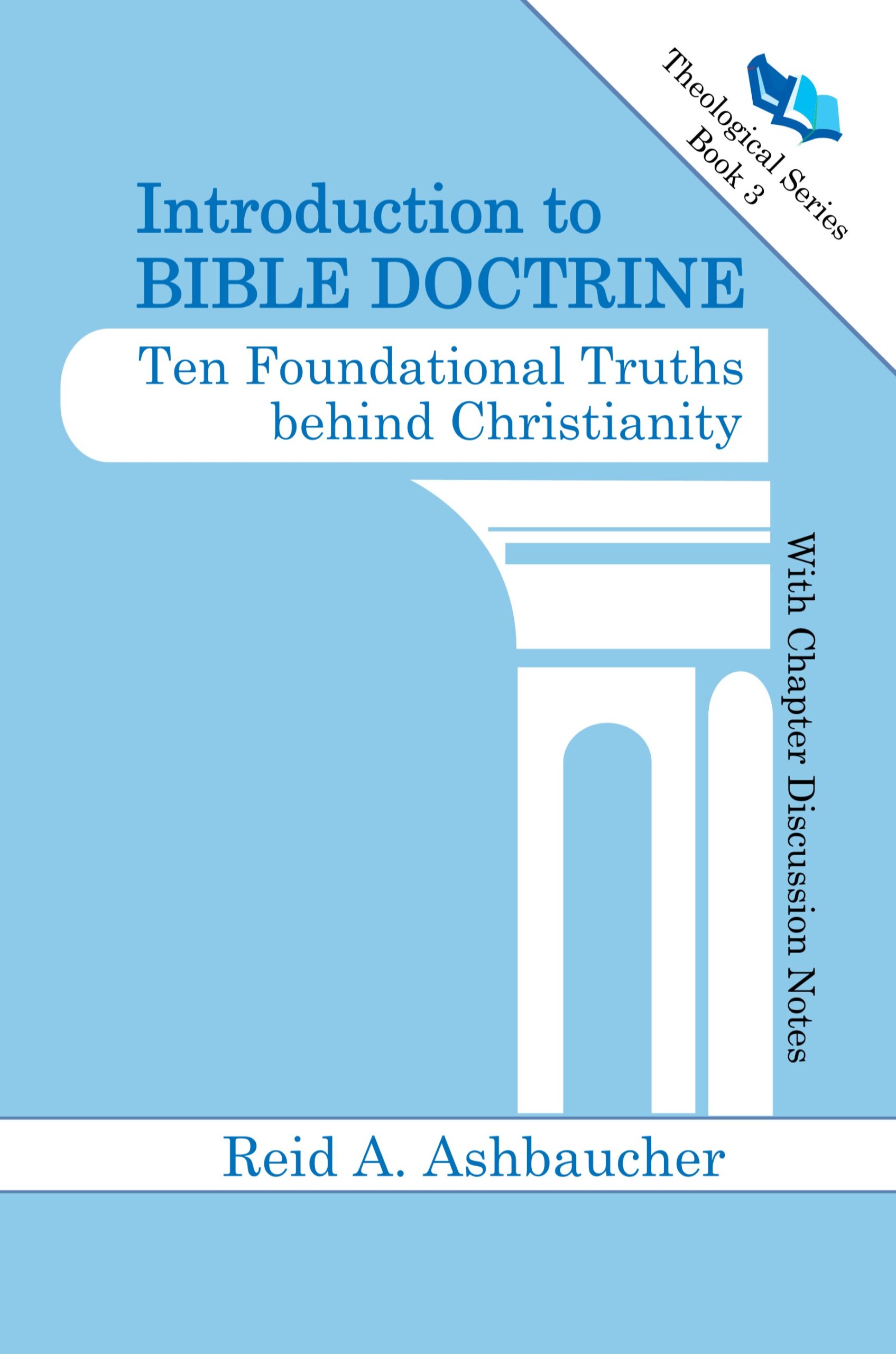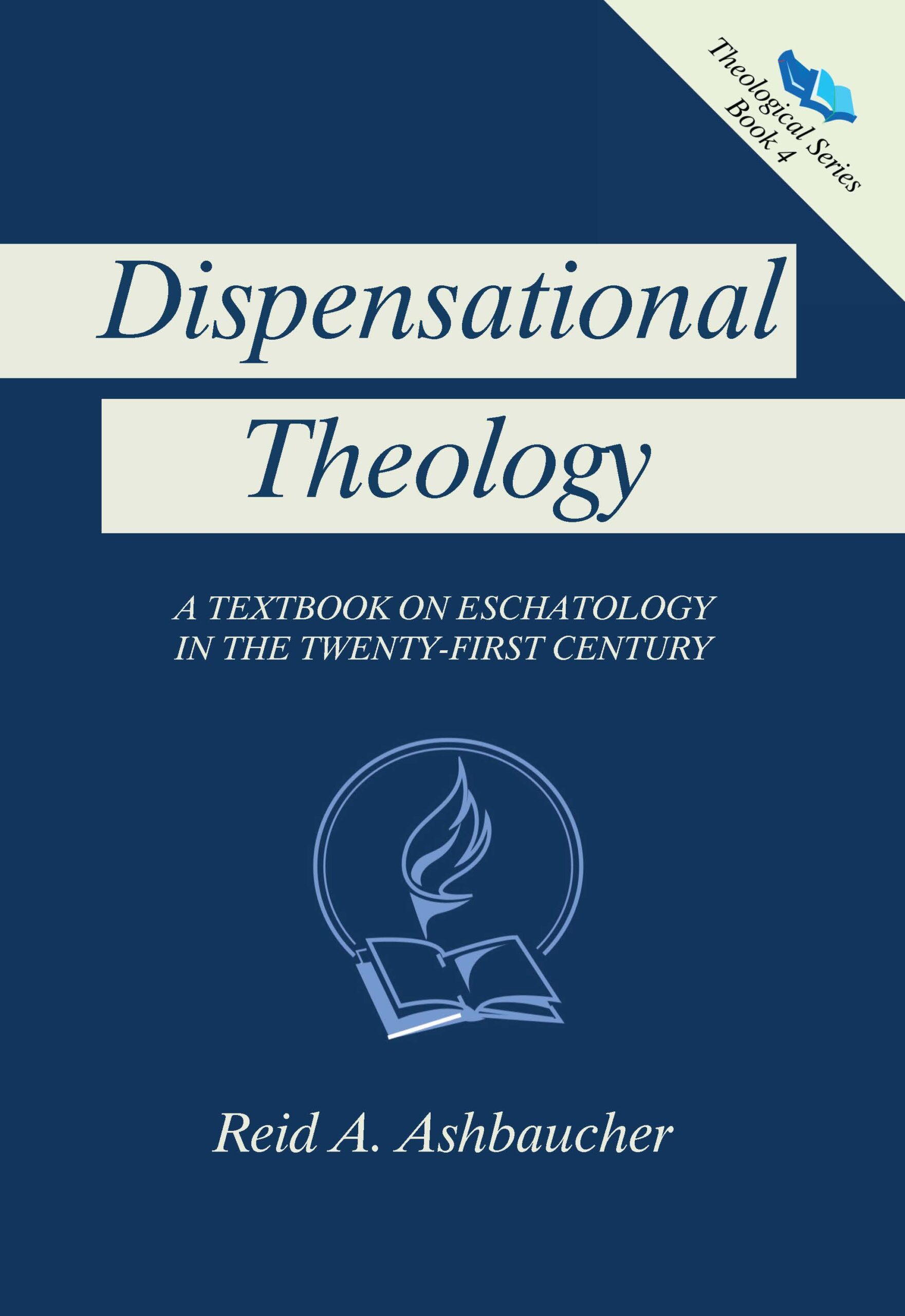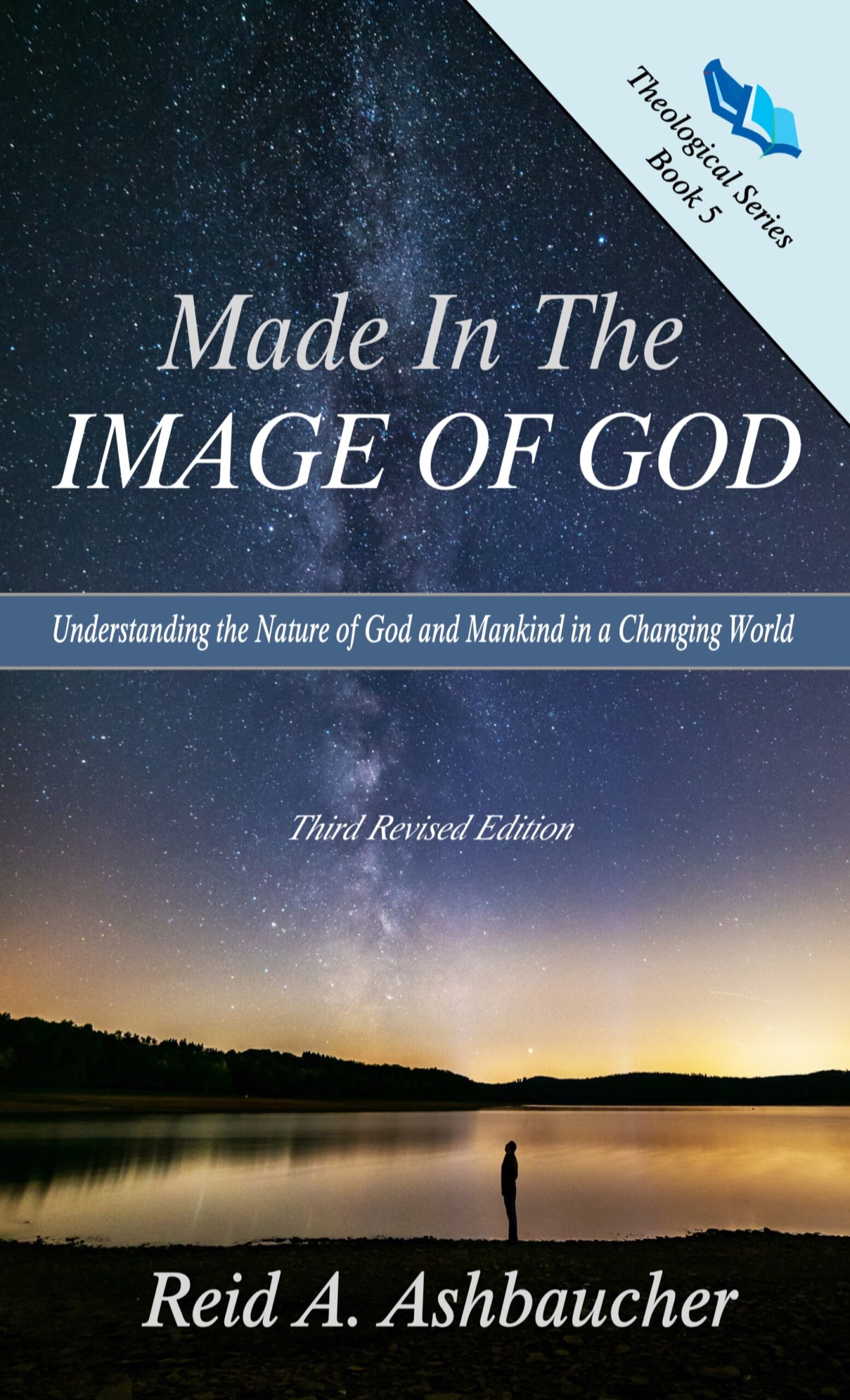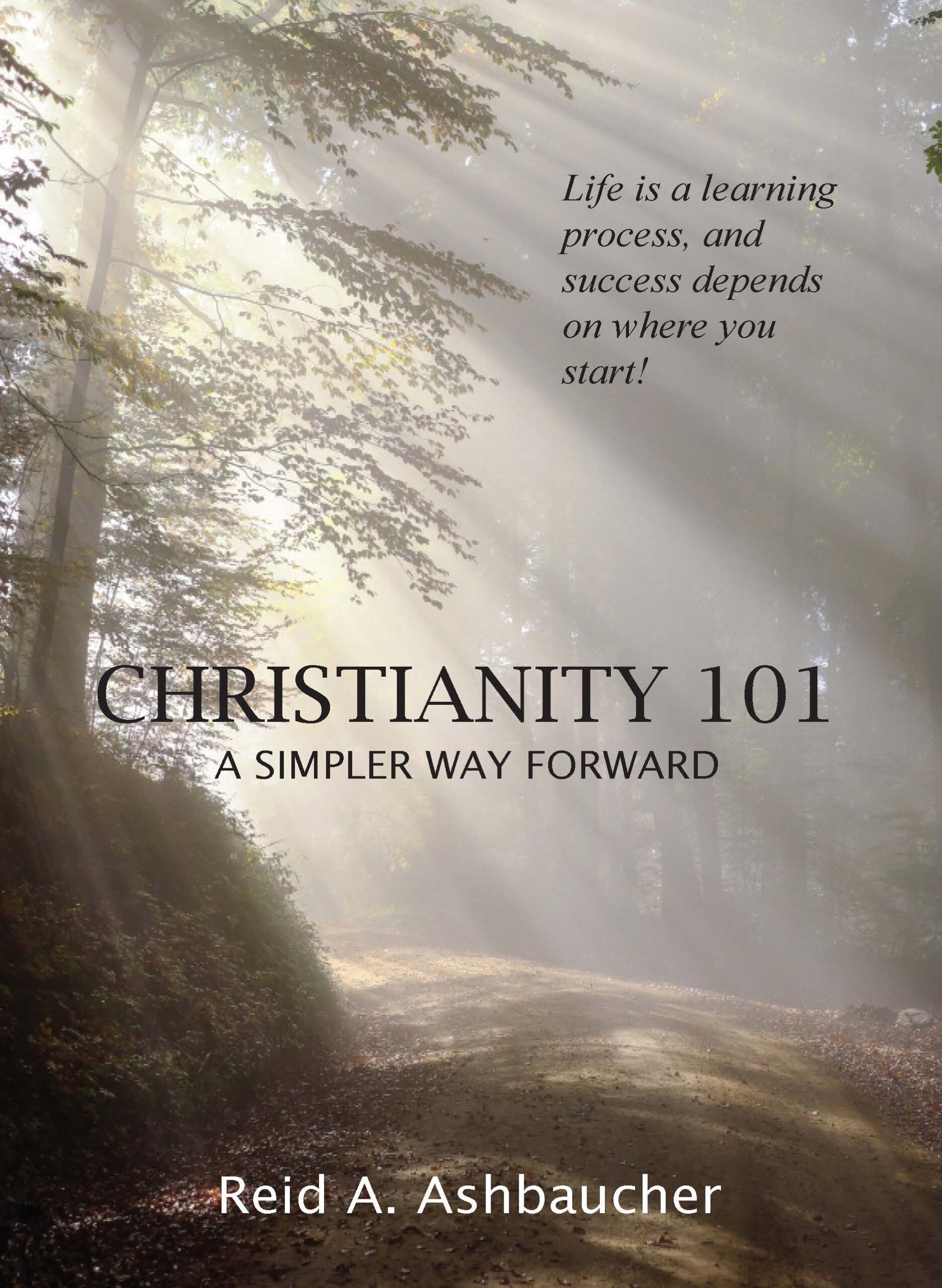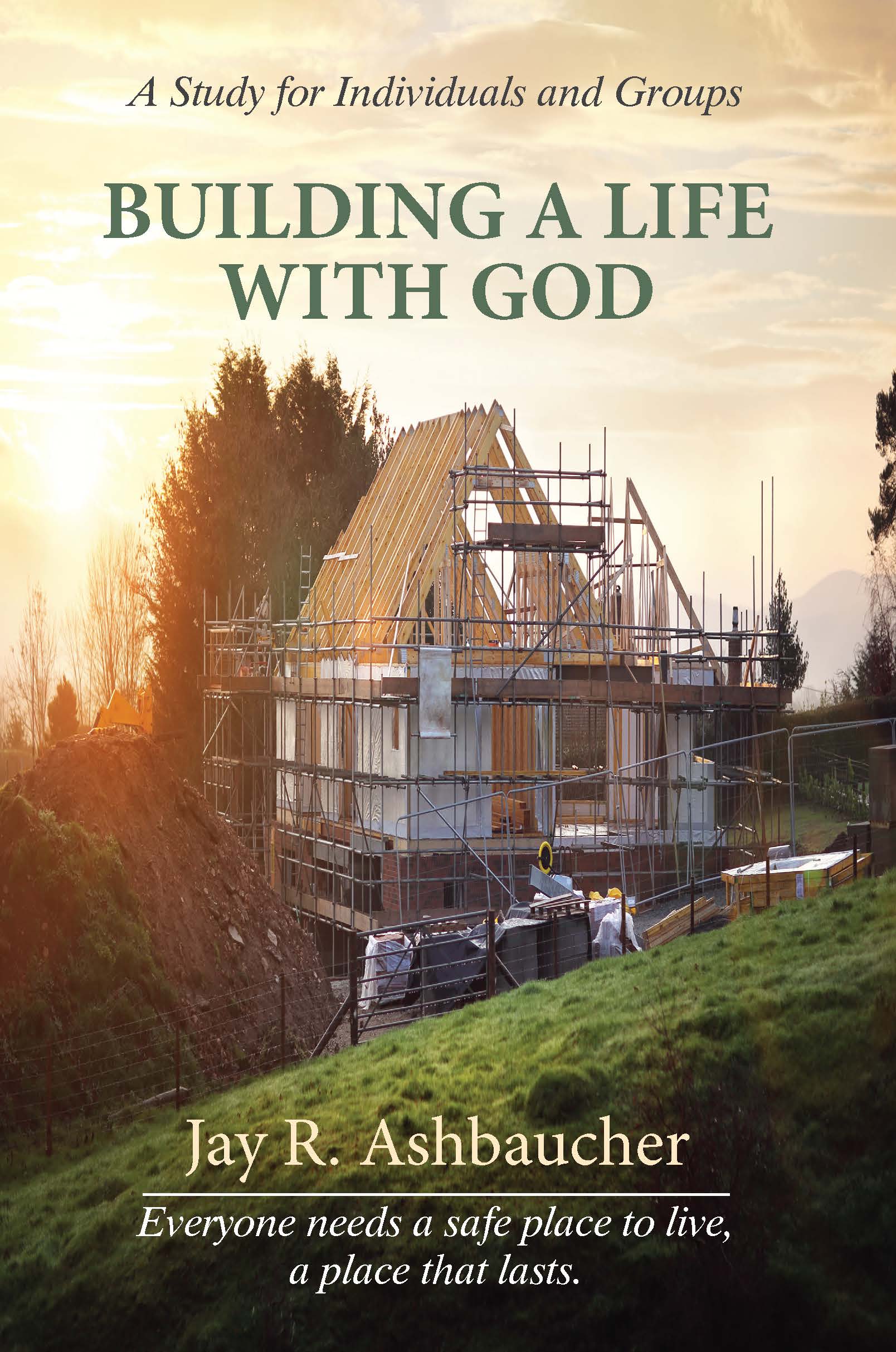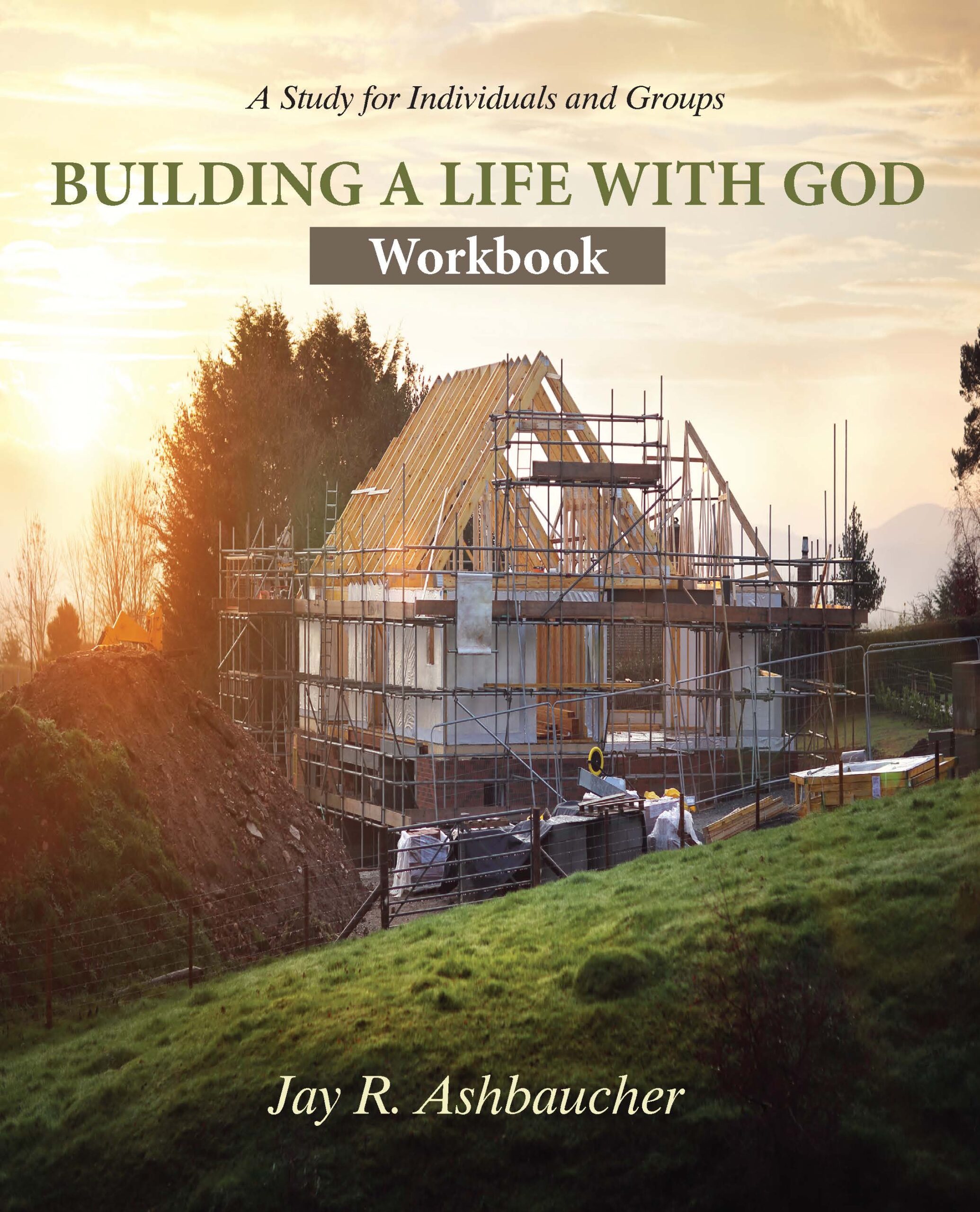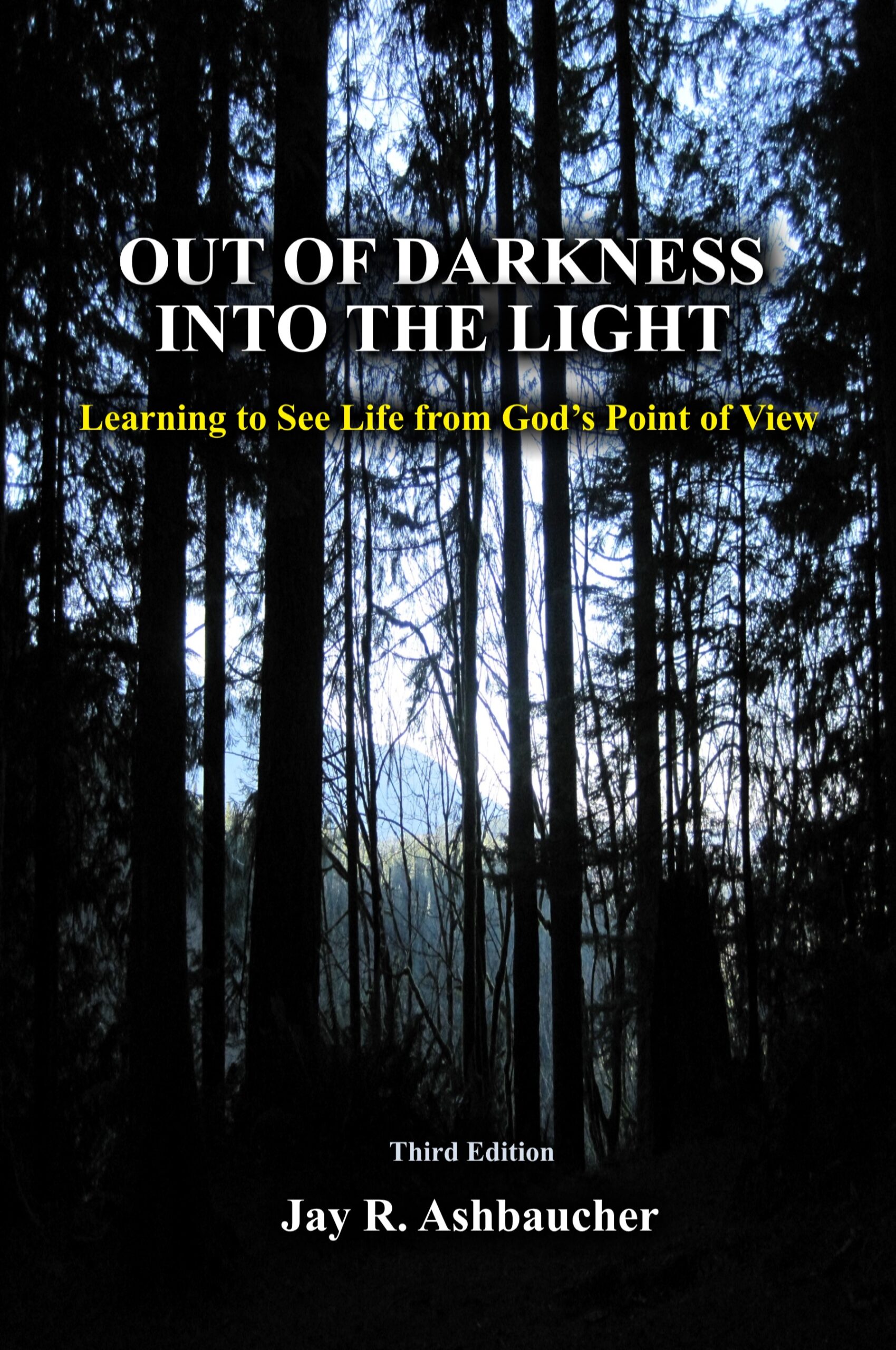THE DOCTRINEBible doctrine is any subject within the Bible that is taught as a principle, law or commandment. Some would hold that the wisdom advice given in the book of Psalms and Proverbs could be classified as doctrine as well, because of the many principle concepts that can be applied to everyday life. OF SCRIPTURESThe Scriptures, as spoken of on this site, represents the 66 books found in the Protestant Bible, with 39 books in the Old Testament and 27 books found in the New Testament. It is our view that these books were written between 1446 BC and 96 AD, representing a time span of about 1,500 years, by the ...
Background
The ScripturesThe Scriptures, as spoken of on this site, represents the 66 books found in the Protestant Bible, with 39 books in the Old Testament and 27 books found in the New Testament. It is our view that these books were written between 1446 BC and 96 AD, representing a time span of about 1,500 years, by the ... (the Bible) are written in two major parts: the Old TestamentThe Old Testament in the Bible is a collection of 39 books, written in Hebrew and Aramaic, between 1446 B.C. and 425 B.C. They were then translated into a Greek manuscript called the Septuagint between the second and forth centuries B.C. Jesus referred to the Hebrew manuscripts as the Law, the Proph... More with 39 books and the New TestamentThe New Testament is a collection of 27 books, all written in Greek within the first century A.D. Twenty three of these books were written by the Apostles of Jesus Christ, two were written by Dr. Luke a Christian medical doctor who traveled with the Apostle Paul, and two books were written by James ... More with 27 books. These books were written by more than 40 different authors over a 1,500-year time span. The Gentile and Hebrew ScripturesThe Scriptures, as spoken of on this site, represents the 66 books found in the Protestant Bible, with 39 books in the Old Testament and 27 books found in the New Testament. It is our view that these books were written between 1446 BC and 96 AD, representing a time span of about 1,500 years, by the ... of the Old TestamentThe Old Testament in the Bible is a collection of 39 books, written in Hebrew and Aramaic, between 1446 B.C. and 425 B.C. They were then translated into a Greek manuscript called the Septuagint between the second and forth centuries B.C. Jesus referred to the Hebrew manuscripts as the Law, the Proph... More contain the same books but are grouped together differently.
The Gentile version of the Old TestamentThe Old Testament in the Bible is a collection of 39 books, written in Hebrew and Aramaic, between 1446 B.C. and 425 B.C. They were then translated into a Greek manuscript called the Septuagint between the second and forth centuries B.C. Jesus referred to the Hebrew manuscripts as the Law, the Proph... More could be subdivided into the following categories: The Pentateuch made up of the first five books, the historical books made up of the next 12 books, the wisdom literature made up of the next five books, the major prophets made up of the next five books, the minor prophets make up of the last 12 books.
The Hebrew version of the Old TestamentThe Old Testament in the Bible is a collection of 39 books, written in Hebrew and Aramaic, between 1446 B.C. and 425 B.C. They were then translated into a Greek manuscript called the Septuagint between the second and forth centuries B.C. Jesus referred to the Hebrew manuscripts as the Law, the Proph... More is divided into three groups: The “Law,” made up of the first five books; the “Prophets,” made up of 17 books written by the prophets; and the “Writings,” made up of the remaining books.
The major theme of the Old TestamentThe Old Testament in the Bible is a collection of 39 books, written in Hebrew and Aramaic, between 1446 B.C. and 425 B.C. They were then translated into a Greek manuscript called the Septuagint between the second and forth centuries B.C. Jesus referred to the Hebrew manuscripts as the Law, the Proph... More is the Covenants of God and focuses on three covenants in particular: the Abrahamic, Mosaic and Davidic covenants and how those covenants play out in history. Covenants are agreements God makes with men, some are conditional and others are unconditional.
The New TestamentThe New Testament is a collection of 27 books, all written in Greek within the first century A.D. Twenty three of these books were written by the Apostles of Jesus Christ, two were written by Dr. Luke a Christian medical doctor who traveled with the Apostle Paul, and two books were written by James ... More could be subdivided into the following categories: The “Gospels” made up of the first four books, the book of “Acts,” a continuation of the historical story of the Gospels followed by 21 letters, referred to as the “epistles,” which were written to the new founded church and individuals, and of which 13 of the “epistles” bare the author’s name of the Apostle Paul, and of these, are sometimes referred to as the “Pauline Letters.” Finally the last book, the book of Revelation, was written by the Apostle John.
The major theme of the New TestamentThe New Testament is a collection of 27 books, all written in Greek within the first century A.D. Twenty three of these books were written by the Apostles of Jesus Christ, two were written by Dr. Luke a Christian medical doctor who traveled with the Apostle Paul, and two books were written by James ... More is the New Covenant as presented to us in Jeremiah 31:31-34 and states:
“Behold, days are coming,” declares the LORD, “when I will make a new covenant with the house of Israel and with the house of Judah, not like the covenant which I made with their fathers in the day I took them by the hand to bring them out of the land of Egypt, My covenant which they broke, although I was a husband to them, “declares the LORD. “But this is the covenant which I will make with the house of Israel after those days,” declares the LORD, “I will put My law within them, and on their heart I will write it; and I will be their God, and they shall be My people. “And they shall not teach again, each man his neighbor and each man his brother, saying, ‘Know the LORD,’ for they shall all know Me, from the least of them to the greatest of them,” declares the LORD, “for I will forgive their iniquity, and their sin I will remember no more.” (NASBNASB stands for "New American Standard" version of the Bible. The NASB was produced through the Lockman Foundation in 1960 and its translation is based on the Hebrew text and the Alexandrian Text type of the Greek New Testament, with NT copies dating as early as the second century A.D.)
It is this covenant that the New TestamentThe New Testament is a collection of 27 books, all written in Greek within the first century A.D. Twenty three of these books were written by the Apostles of Jesus Christ, two were written by Dr. Luke a Christian medical doctor who traveled with the Apostle Paul, and two books were written by James ... More is based and replaces the Mosaic Covenant. This covenant is fulfilled through the death, burial and resurrection of Jesus ChristJesus Christ is the Son of the creator God, sharing in the same nature as God the Father and God the Holy Spirit. As Jesus says, "I and the Father are one." (John 10:30; NASB). The final element of this covenant was completed 50 days after Christ’s resurrection on the day of Pentecost. The evidence of this interpretation can be seen in the following ScripturesThe Scriptures, as spoken of on this site, represents the 66 books found in the Protestant Bible, with 39 books in the Old Testament and 27 books found in the New Testament. It is our view that these books were written between 1446 BC and 96 AD, representing a time span of about 1,500 years, by the ...:
Hebrews 9:11-28
But when Christ appeared as a high priest of the good things to come, He entered through the greater and more perfect tabernacle, not made with hands, that is to say, not of this creation; and not through the blood of goats and calves, but through His own blood, He entered the holy place once for all, having obtained eternal redemptionThe term is used in theology to explain the results of the death of Jesus Christ. Because of Christ's death and coming back to life again, humanity is offered redemption through faith in Jesus Christ. Redemption is the payment of ransom to God for the sins of humanity against God by Jesus Christ. It.... For if the blood of goats and bulls and the ashes of a heifer sprinkling those who have been defiled, sanctify for the cleansing of the flesh, how much more will the blood of Christ, who through the eternal Spirit offered Himself without blemish to God, cleanse your conscience from dead works to serve the living God? And for this reason He is the mediator of a new covenant, in order that since a death has taken place for the redemptionThe term is used in theology to explain the results of the death of Jesus Christ. Because of Christ's death and coming back to life again, humanity is offered redemption through faith in Jesus Christ. Redemption is the payment of ransom to God for the sins of humanity against God by Jesus Christ. It... of the transgressions that were committed under the first covenant, those who have been called may receive the promise of the eternal inheritance. For where a covenant is, there must of necessity be the death of the one who made it. For a covenant is valid only when men are dead, for it is never in force while the one who made it lives. Therefore even the first covenant was not inaugurated without blood. For when every commandment had been spoken by Moses to all the people according to the Law, he took the blood of the calves and the goats, with water and scarlet wool and hyssop, and sprinkled both the book itself and all the people, saying, “This is the blood of the covenant which God commanded you.” And in the same way he sprinkled both the tabernacle and all the vessels of the ministry with the blood. And according to the Law, one may almost say, all things are cleansed with blood, and without shedding of blood there is no forgiveness. Therefore it was necessary for the copies of the things in the heavens to be cleansed with these, but the heavenly things themselves with better sacrifices than these. For Christ did not enter a holy place made with hands, a mere copy of the true one, but into heaven itself, now to appear in the presence of God for us; nor was it that He should offer Himself often, as the high priest enters the holy place year by year with blood not his own. Otherwise, He would have needed to suffer often since the foundation of the world; but now once at the consummation of the ages He has been manifested to put away sin by the sacrifice of Himself. And inasmuch as it is appointed for men to die once and after this comes judgment, so Christ also, having been offered once to bear the sins of many, shall appear a second time for salvationSalvation within the Scriptures (Bible) simply means to save that which was lost. In reference to humanity, the Scriptures teach that because the first humans (Adam and Eve) sinned against God, the human race became lost to God, thus needing to be saved or redeemed by God. Jesus Christ said it this ... More without reference to sin, to those who eagerly await Him. (NASBNASB stands for "New American Standard" version of the Bible. The NASB was produced through the Lockman Foundation in 1960 and its translation is based on the Hebrew text and the Alexandrian Text type of the Greek New Testament, with NT copies dating as early as the second century A.D.)
Acts 2:1-36
And when the day of Pentecost had come, they were all together in one place. And suddenly there came from heaven a noise like a violent, rushing wind, and it filled the whole house where they were sitting. And there appeared to them tongues as of fire distributing themselves, and they rested on each one of them. And they were all filled with the Holy Spirit and began to speak with other tongues, as the Spirit was giving them utterance. Now there were Jews living in Jerusalem, devout men, from every nation under heaven. And when this sound occurred, the multitude came together, and were bewildered, because they were each one hearing them speak in his own language. And they were amazed and marveled, saying, “Why, are not all these who are speaking Galileans? “And how is it that we each hear them in our own language to which we were born? “Parthians and Medes and Elamites, and residents of Mesopotamia, Judea and Cappadocia, Pontus and Asia, Phrygia and Pamphylia, Egypt and the districts of Libya around Cyrene, and visitors from Rome, both Jews and proselytes, Cretans and Arabs– we hear them in our own tongues speaking of the mighty deeds of God. “And they all continued in amazement and great perplexity, saying to one another, “What does this mean?” But others were mocking and saying, “They are full of sweet wine.” But Peter, taking his stand with the eleven, raised his voice and declared to them: “Men of Judea, and all you who live in Jerusalem, let this be known to you, and give heed to my words. “For these men are not drunk, as you suppose, for it is only the third hour of the day; but this is what was spoken of through the prophet Joel:
‘And it shall be in the last days,’ God says,’That I will pour forth of My Spirit upon all mankind; And your sons and your daughters shall prophesy, And your young men shall see visions, And your old men shall dream dreams; Even upon My bondslaves, both men and women, I will in those days pour forth of My Spirit And they shall prophesy. ‘And I will grant wonders in the sky above, And signs on the earth beneath, Blood, and fire, and vapor of smoke. ‘The sun shall be turned into darkness, And the moon into blood, Before the great and glorious day of the Lord shall come. ‘And it shall be, that everyone who calls on the name of the Lord shall be saved.’ “Men of Israel, listen to these words: Jesus the Nazarene, a man attested to you by God with miracles and wonders and signs which God performed through Him in your midst, just as you yourselves know– this Man, delivered up by the predetermined plan and foreknowledge of God, you nailed to a cross by the hands of godless men and put Him to death. “And God raised Him up again, putting an end to the agony of death, since it was impossible for Him to be held in its power. “For David says of Him,
‘I was always beholding the Lord in my presence; For He is at my right hand, that I may not be shaken. ‘Therefore my heart was glad and my tongue exulted; Moreover my flesh also will abide in hope; Because Thou wilt not abandon my soul to Hades, Nor allow Thy Holy One to undergo decay. ‘Thou hast made known to me the ways of life; Thou wilt make me full of gladness with Thy presence.’
“Brethren, I may confidently say to you regarding the patriarch David that he both died and was buried, and his tomb is with us to this day. “And so, because he was a prophet, and knew that God had sworn to him with an oath to seat one of his descendants upon his throne, he looked ahead and spoke of the resurrection of the Christ, that He was neither abandoned to Hades, nor did His flesh suffer decay. “This Jesus God raised up again, to which we are all witnesses. “Therefore having been exalted to the right hand of God, and having received from the Father the promise of the Holy Spirit, He has poured forth this which you both see and hear. “For it was not David who ascended into heaven, but he himself says:
‘The Lord said to my Lord,”Sit at My right hand, Until I make Thine enemies a footstool for Thy feet.”‘ “Therefore let all the house of Israel know for certain that God has made Him both Lord and Christ– this Jesus whom you crucified.” (NASBNASB stands for "New American Standard" version of the Bible. The NASB was produced through the Lockman Foundation in 1960 and its translation is based on the Hebrew text and the Alexandrian Text type of the Greek New Testament, with NT copies dating as early as the second century A.D.)
Doctrinal Claims of ScripturesThe Scriptures, as spoken of on this site, represents the 66 books found in the Protestant Bible, with 39 books in the Old Testament and 27 books found in the New Testament. It is our view that these books were written between 1446 BC and 96 AD, representing a time span of about 1,500 years, by the ...
The writers of Scripture make four important claims about the ScripturesThe Scriptures, as spoken of on this site, represents the 66 books found in the Protestant Bible, with 39 books in the Old Testament and 27 books found in the New Testament. It is our view that these books were written between 1446 BC and 96 AD, representing a time span of about 1,500 years, by the ... or the Word of God:
- ) The ScripturesThe Scriptures, as spoken of on this site, represents the 66 books found in the Protestant Bible, with 39 books in the Old Testament and 27 books found in the New Testament. It is our view that these books were written between 1446 BC and 96 AD, representing a time span of about 1,500 years, by the ... are true, as stated in Psalm 119:160 – “The sum of Thy word is truth, And every one of Thy righteous ordinances is everlasting.” (NASBNASB stands for "New American Standard" version of the Bible. The NASB was produced through the Lockman Foundation in 1960 and its translation is based on the Hebrew text and the Alexandrian Text type of the Greek New Testament, with NT copies dating as early as the second century A.D.) John 17:17 – “Sanctify them in the truth; Thy word is truth.” (NASBNASB stands for "New American Standard" version of the Bible. The NASB was produced through the Lockman Foundation in 1960 and its translation is based on the Hebrew text and the Alexandrian Text type of the Greek New Testament, with NT copies dating as early as the second century A.D.)
- ) The ScripturesThe Scriptures, as spoken of on this site, represents the 66 books found in the Protestant Bible, with 39 books in the Old Testament and 27 books found in the New Testament. It is our view that these books were written between 1446 BC and 96 AD, representing a time span of about 1,500 years, by the ... are inspired by God as stated in 2 Timothy 3:16-17 – “All Scripture is inspired by God and profitable for teaching, for reproof, for correction, for training in righteousness; that the man of God may be adequate, equipped for every good work.” (NASBNASB stands for "New American Standard" version of the Bible. The NASB was produced through the Lockman Foundation in 1960 and its translation is based on the Hebrew text and the Alexandrian Text type of the Greek New Testament, with NT copies dating as early as the second century A.D.) 2 Peter 1:20-21 – “But know this first of all, that no prophecy of Scripture is a matter of one’s own interpretation, for no prophecy was ever made by an act of human will, but men moved by the Holy Spirit spoke from God.” (NASBNASB stands for "New American Standard" version of the Bible. The NASB was produced through the Lockman Foundation in 1960 and its translation is based on the Hebrew text and the Alexandrian Text type of the Greek New Testament, with NT copies dating as early as the second century A.D.)
- ) The ScripturesThe Scriptures, as spoken of on this site, represents the 66 books found in the Protestant Bible, with 39 books in the Old Testament and 27 books found in the New Testament. It is our view that these books were written between 1446 BC and 96 AD, representing a time span of about 1,500 years, by the ... are eternal as stated in Luke 21:33 – “Heaven and earth shall pass away: but my words shall not pass away.” (KJVKJV stands for "King James Version" of the Bible. The KJV translation was completed in 1611 A.D. by fifty four scholars, as commissioned by King James of England. Its translation is based on the Hebrew text and the Byzantine Text type of the Greek New Testament, with NT copies dating as early as the...)
- ) Jesus ChristJesus Christ is the Son of the creator God, sharing in the same nature as God the Father and God the Holy Spirit. As Jesus says, "I and the Father are one." (John 10:30; NASB) is the Word of God in the flesh fulfilling all things as spoken of in John 1:1-5 – “In the beginning was the Word, and the Word was with God, and the Word was God. He was in the beginning with God. All things came into being by Him, and apart from Him nothing came into being that has come into being. In Him was life, and the life was the light of men. And the light shines in the darkness, and the darkness did not comprehend it.” (NASBNASB stands for "New American Standard" version of the Bible. The NASB was produced through the Lockman Foundation in 1960 and its translation is based on the Hebrew text and the Alexandrian Text type of the Greek New Testament, with NT copies dating as early as the second century A.D.) John 1:14: And the Word became flesh, and dwelt among us, and we beheld His glory, glory as of the only begotten from the Father, full of grace and truth. (NASBNASB stands for "New American Standard" version of the Bible. The NASB was produced through the Lockman Foundation in 1960 and its translation is based on the Hebrew text and the Alexandrian Text type of the Greek New Testament, with NT copies dating as early as the second century A.D.)
Conclusion
The end result of this doctrineBible doctrine is any subject within the Bible that is taught as a principle, law or commandment. Some would hold that the wisdom advice given in the book of Psalms and Proverbs could be classified as doctrine as well, because of the many principle concepts that can be applied to everyday life. is summed up with these two statements:
“Inspiration involved infallibility from start to finish. God the Holy Spirit by nature cannot lie or be the author of untruth. If the Scripture is inspired at all it must be infallible. If any part of it is not infallible, then that part cannot be inspired. If inspiration allows for the possibility of error then inspiration ceases to be inspiration.”(1)
“The authority of the Bible for man is viable only if the Bible itself is true. Destroy the trustworthiness of the Bible, and its authority goes with it. Accept its truthfulness and authority becomes normative. To accept the notion of the authority of the Bible and at the same time declare in favor of errancy is to rest on shifting sand. Infallibility and authority stand or fall together.”(2)
1.) Harold Lindsell, The Battle for the Bible (Grand Rapids: Zondervan Publishing House, 1977), 31.
2.) Ibid., 39.


